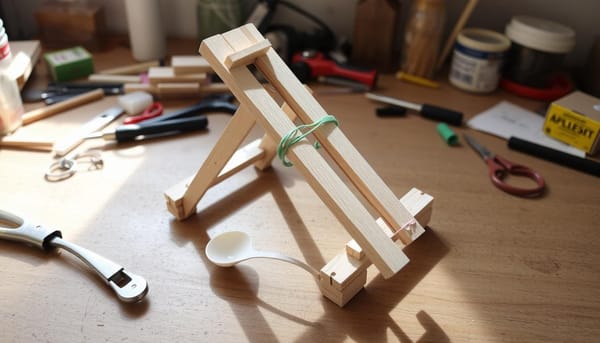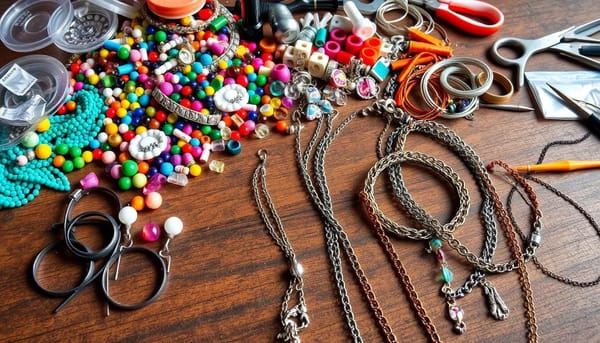This App Lets You Take Your Nudes and Keep Them, Too

It's been almost four years now since the infamous hacking of Jennifer Lawrence's private cloud-based photo reel, which, as many will remember, resulted in a plastering of naked photos of the Hunger Games actress right across the internet. "I felt like I got gangbanged by the fucking planet," she told the podcast Awards Chatter in November of 2017. The nudes, which were intended only for the eyes of Lawrence's then-boyfriend, Nic Hoult, were everywhere, and accessible by anyone.
This breach of privacy -- grossly dubbed "The Fappening" -- was just the beginning; Lawrence was one of a grand total of 30 celebrities who were singled out for shaming and exploitation by the hackers, and the dialogue on the subject has been nigh-constant ever since. The question raised is a fair one. Is it easiest to protect intimate images by never taking them in the first place, or is the correct answer to crack down on preventative measures that ensure a repeat of Lawrence's nightmare never comes to pass?
Nude, an app that sets out to simplify privacy in the digital world by automatically locking private photos, videos, and documents on behalf of the phone's owner, is in favor of the latter. Designed by a pair of 21-year-old entrepreneurs from UC Berkeley, Jessica Chiu and Y.C. Chen, Nude operates by the realistic and undeniably human expectation that people are always going to want to capture their most intimate moments, send a passionate message to a lover, or simply snap a picture when they're feeling great about their body -- and for that, they shouldn't risk punishment.
The way the app works is simple: Nude's proprietary AI technology regularly scans through a phone's camera roll, and will detect the presence of any sensitive material the user may not want at risk. This is achieved through some very clever machine learning: Chiu and Chen built a software that's capable of scraping nudity-heavy websites (PornHub being a major go-to) for representative images of the naked human body. To date, 30 million images have been amassed as reference points, and the Nude AI is getting savvier by the day.
The AI will automatically import the highlighted files to the Nude app and then delete them from both the phone's photo reel and, critically, iCloud. In fact, none of the materials in question will ever be sent to Nude itself, as all analysis and storage is done locally on the phone -- so users can rest at ease knowing that their sexy fun will remain private and unspoiled.
Chiu explained that she was inspired to explore nude-related business models after speaking with Hollywood actresses not unlike Jennifer Lawrence as part of a movie project she was working on. She learned that almost all of them had sensitive images on their phones or laptop, and, after the unsavory events of 2014, were anxious about how to cement their safety. When Chiu returned to Berkeley, she realized the problem didn't limit itself to those in the show business industry -- as before, her friends would often pass around their phones to show off recent photos from concerts they'd attended and hikes they'd taken, and as before, someone would almost always swipe too far and catch an uncomfortable glimpse of nudity.
After promoting the app at a 2017 TechCrunch Disrupt conference, Chiu and Chen received constant -- and telling -- inquiries about their creation. "Everyone said, 'Oh, I don't have nudes - but can you tell me more?'" Chiu told The Verge. "Everyone's like, 'Oh man, I need this.'"
Nude markets itself as the "sexiest app ever," and it's hardly a stretch to see why. Its presence on the app store means the rate at which racy pictures are getting traded is about to heat up exponentially, and with this clever AI providing so much peace of mind to its users, we can welcome in this new era of worry-free selfies with a smile. As Chen says, "Under the surface, we're all human beings." And human beings love to love nudes.
Fyxes
Thoughts, stories and ideas.




